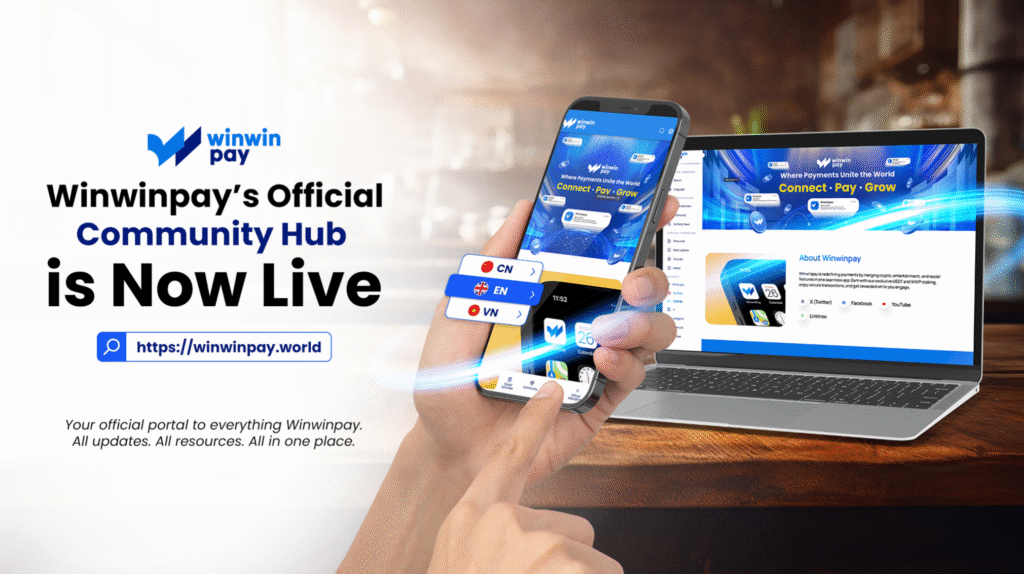
As the iGaming industry experiences unprecedented growth, the choice of payment methods has become a focal point for both operators and players alike. E-wallets have emerged as a popular payment option, thanks to their ease of use, security features, and compatibility with mobile devices. This article explores the rise of e-wallets in the iGaming sector, their benefits for online gamblers, and the potential implications for operators in 2024.
Why E-Wallets Are Gaining Popularity in iGaming
An e-wallet, or digital wallet, is an electronic payment method that allows users to store funds and process transactions directly from their digital devices. Leading e-wallets such as PayPal, Skrill, and Neteller are familiar to many users and widely accepted by a vast array of online platforms, including iGaming sites. Here are some reasons why e-wallets have become a preferred option among online gamblers:
- Enhanced Convenience and Speed
E-wallets offer players the convenience of instant deposits and withdrawals, which is a significant advantage for gamers who expect quick access to their funds. Compared to traditional bank transfers, which can take several days to process, e-wallets provide an almost immediate solution. This speed is crucial in iGaming, where the fluidity of funds can directly impact the player experience. - Heightened Security Measures
Security is a priority for online gamblers who want assurance that their personal and financial information is safeguarded. E-wallets offer strong security protocols, including two-factor authentication and encryption, which are instrumental in protecting user data from potential breaches. These built-in security features make e-wallets appealing to players, especially those who may be hesitant to share their banking information directly with iGaming sites. - Anonymity and Privacy
Unlike traditional banking methods, which often require detailed personal information, e-wallets offer a degree of anonymity, which is attractive to many online gamblers. E-wallets function as a buffer between the player’s bank account and the gaming platform, meaning sensitive information is not directly shared with the betting site. This added layer of privacy is a valuable feature for many players. - Mobile Accessibility
With the rise of mobile betting, e-wallets have become even more popular. Many e-wallets are designed to integrate seamlessly with mobile devices, allowing users to deposit and withdraw funds on the go. Mobile-friendly e-wallets align well with the convenience that mobile gamblers expect, and they support the broader trend towards mobile iGaming.
Key Trends for E-Wallets in iGaming in 2024
In 2024, several trends are expected to drive the growth and evolution of e-wallets in the iGaming sector. Here’s a look at some of these developments:
- Wider Adoption of Cryptocurrency-Compatible E-Wallets
With cryptocurrency’s increasing acceptance in the iGaming world, many e-wallet providers are adapting by allowing users to store and transfer cryptocurrencies. E-wallets that support both fiat and crypto assets offer gamers flexibility and enable platforms to tap into a broader customer base. As crypto regulations become clearer, more operators may incorporate cryptocurrency-compatible e-wallets as a payment option. - AI-Powered Personalisation
AI technology is increasingly integrated into e-wallets, offering personalised suggestions based on user behaviour. For iGaming, this can mean e-wallets that tailor payment options, provide timely reminders or offer incentives based on the player’s betting activity. AI-driven personalisation is likely to enhance user experience, making e-wallets even more appealing to online gamblers. - Enhanced KYC (Know Your Customer) Processes
The iGaming industry is subject to strict regulatory standards, particularly concerning anti-money laundering (AML) and KYC policies. To comply with these regulations, e-wallet providers are expected to streamline their KYC processes by leveraging biometric authentication and real-time verification. Improved KYC processes enhance security and transparency while making it easier for players to complete transactions without extensive delays. - Instant Withdrawals and Payouts
One of the top requests from players in 2024 is instant access to winnings. E-wallets that enable rapid, even real-time withdrawals provide a significant advantage. Operators partnering with e-wallet providers that can deliver instant or near-instant payouts stand to benefit from increased player loyalty and satisfaction. As more e-wallet providers optimise their services for fast withdrawals, they will continue to attract players who prioritise efficient fund access.
Implications for iGaming Operators
As e-wallets become a preferred payment method for online gamblers, iGaming operators face new opportunities and challenges. Here’s what this trend means for operators in 2024:
- Increased Player Acquisition and Retention
Offering e-wallet payment options can attract a larger pool of players who value the convenience, security, and speed that e-wallets offer. Players may gravitate towards platforms that provide seamless e-wallet payment solutions, enhancing both acquisition and retention rates for operators. - Simplified Cross-Border Transactions
E-wallets enable iGaming operators to cater to players in diverse regions with varying currencies and regulatory requirements. Cross-border payments, especially when made possible by multi-currency e-wallets, simplify the process for both players and operators. As operators expand internationally, e-wallets can help them navigate complex currency exchanges and financial regulations with greater ease. - Competitive Advantage through Faster Payouts
As instant payouts become a standard expectation, operators that can deliver faster payouts via e-wallets will have a competitive edge. Instant withdrawals are a powerful differentiator, and players are likely to choose sites that can facilitate quick access to winnings over those that cannot. Therefore, integrating e-wallets that offer instant or rapid payout capabilities is a strategic advantage in the competitive iGaming market. - Adapting to Regulatory Demands
E-wallets support operators in meeting stringent regulatory requirements. With the regulatory landscape around KYC, AML, and data protection constantly evolving, operators need payment solutions that offer robust compliance support. Many e-wallets integrate KYC and AML features, simplifying the compliance process for operators and ensuring they meet regulatory standards while protecting player data. - Higher Operational Costs
While e-wallets offer benefits, they can come with higher transaction fees than traditional banking methods. For operators, this means balancing the added value of e-wallet convenience with the cost implications. Some e-wallet providers charge significant fees for deposits and withdrawals, potentially impacting an operator’s profit margins. As the adoption of e-wallets grows, operators may need to negotiate fees with providers or adjust their business models to maintain profitability.
Conclusion
The rise of e-wallets in the iGaming sector is shaping a future where convenience, security, and speed are at the forefront of the player experience. With instant payouts, enhanced security, and the flexibility of multi-currency and crypto-compatible options, e-wallets are well-suited to the needs of modern online gamblers. As iGaming operators embrace these digital wallets, they position themselves to attract a broader audience while navigating regulatory complexities and catering to evolving player expectations.
As 2024 unfolds, we can expect e-wallets to become even more integral to the iGaming payment ecosystem, with innovations continuing to redefine how players fund their gaming activities. The operators that adapt to these changes and leverage the strengths of e-wallets are likely to see a significant competitive advantage in this dynamic, tech-driven market.





